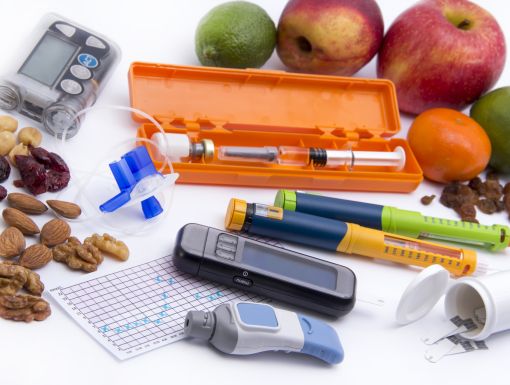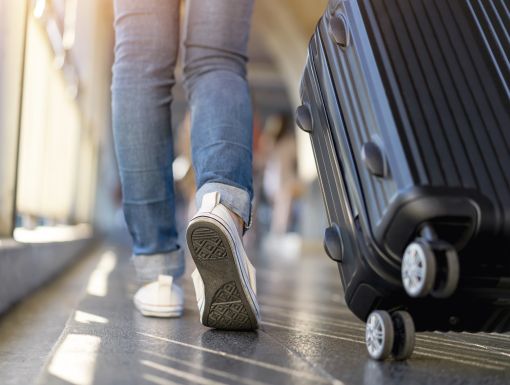
How to Avoid Car Sickness
As you head out on the road this summer, one thing you may forget to prepare for is car sickness prevention, as this condition can be a concern in both children and adults. It’s important to be aware of this form of motion sickness so you can take the appropriate preventative measures.
What is motion sickness?
Motion sickness, commonly called car sickness, happens when your brain receives conflicting signals from your inner ear and eyes. For example, when you're in a moving vehicle, your inner ear detects motion, but if your eyes focus on a stationary object, the mismatch causes discomfort and nausea.
But car sickness isn't really about being in the car. When you're moving under your own power, your inner ears are well-suited to make the proper adjustments. But all that changes when you ride cars, boats, planes or an amusement park ride.
The good news is there are several effective car sickness solutions to help prevent or relieve motion sickness symptoms.
Top car sickness prevention tips
To prevent car sickness, consider these practical tips and motion sickness remedies to improve your travel experience:
- Don't read in a moving vehicle: Trying to focus on a book or screen while moving can worsen the sensory conflict. Instead, keep your eyes on external objects like the road ahead or the horizon.
- Don't sit facing backward in a moving vehicle: Always sit in a forward-facing seat in vehicles. Sometimes, driving a vehicle instead of riding as a passenger can help.
- Look at the horizon or shut your eyes. Give children sunglasses to wear to reduce visual stimulation: Looking at a distant, stable object like the horizon can help sync your senses.
- Avoid strong odors and spicy or greasy foods before and during traveling: Strong smells and spicy or greasy meals may provoke nausea. Choose a light meal or snack before and during traveling to ease your stomach.
- Try natural remedies for car sickness: Sometimes adding distractions with aromatherapy, such as lavender or mint, will help. Ginger-flavored lozenges can help to calm your stomach.
- Over-the-counter medications are available to reduce motion sickness: Drinking caffeinated beverages with medication may also help. Check with a pharmacist or healthcare provider for recommendations suitable for your needs.
- Pick a low-motion spot: Sit in the area of a moving vehicle that has the least motion, like the front passenger seat in a car.
- Encourage people to sleep during travel: Napping can be an excellent way to avoid symptoms altogether. Bring a comfortable travel pillow to help relax.
How can I prevent car sickness in children?
Children are especially prone to car sickness. To help, encourage them to avoid reading or playing on screens, focus on the horizon and wear sunglasses to reduce visual stimulation. Offering small snacks or ginger lozenges can also help.
Can motion sickness be prevented?
While motion sickness isn’t entirely avoidable for everyone, these tips can help significantly reduce its chances of happening. Keep in mind that prevention works best when applied consistently. A combination of natural remedies, distractions and small lifestyle adjustments can make all the difference.
Are there specific products that help with motion sickness?
Yes, over-the-counter treatments like anti-nausea wristbands, ginger supplements or medications like meclizine can manage symptoms. Always consult a healthcare provider for appropriate options.
By simply taking these easy steps you can help prevent an unpleasant situation from occurring down the road.
Learn more about Ochsner Connected Anywhere and MyOchsner Virtual Visits.



